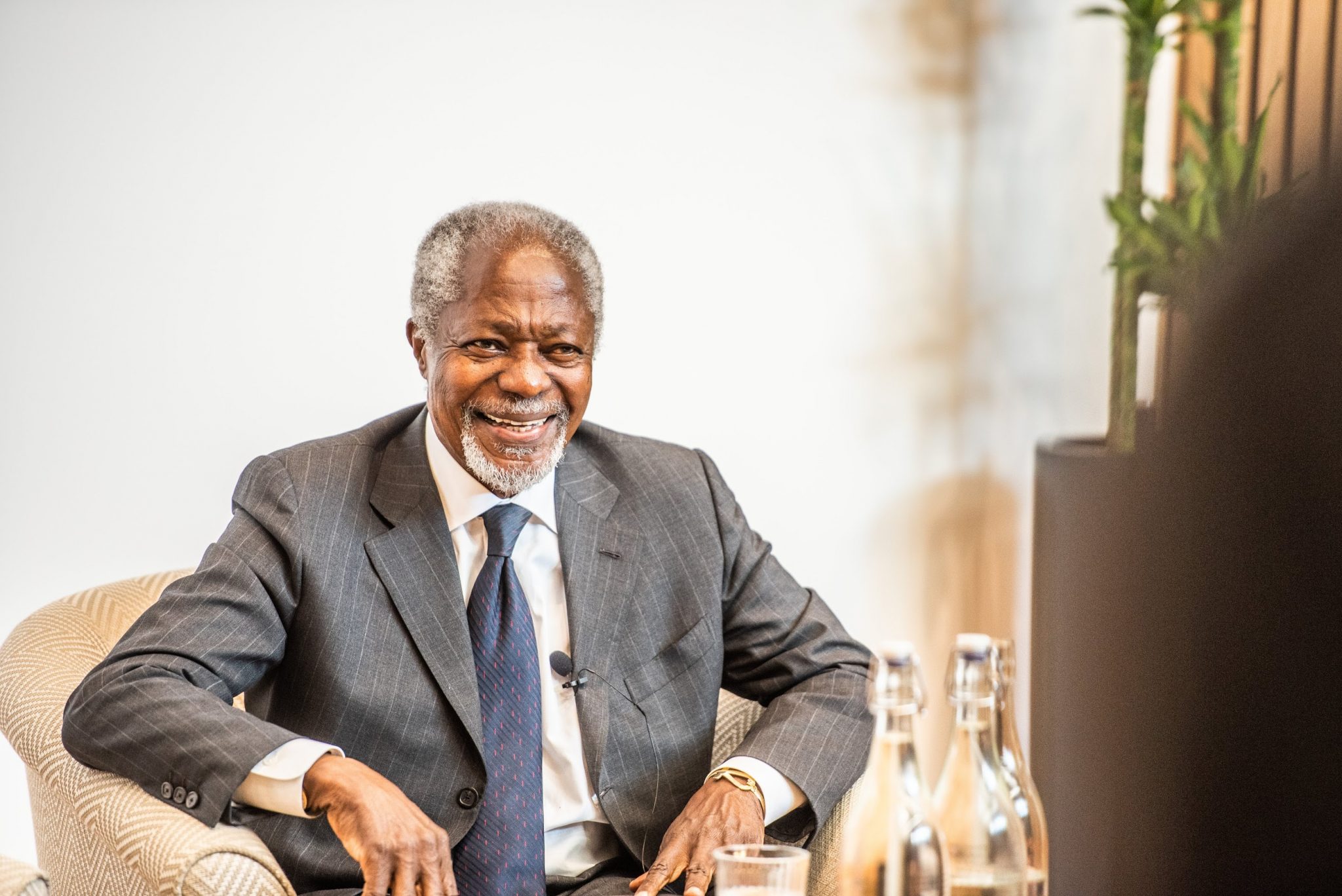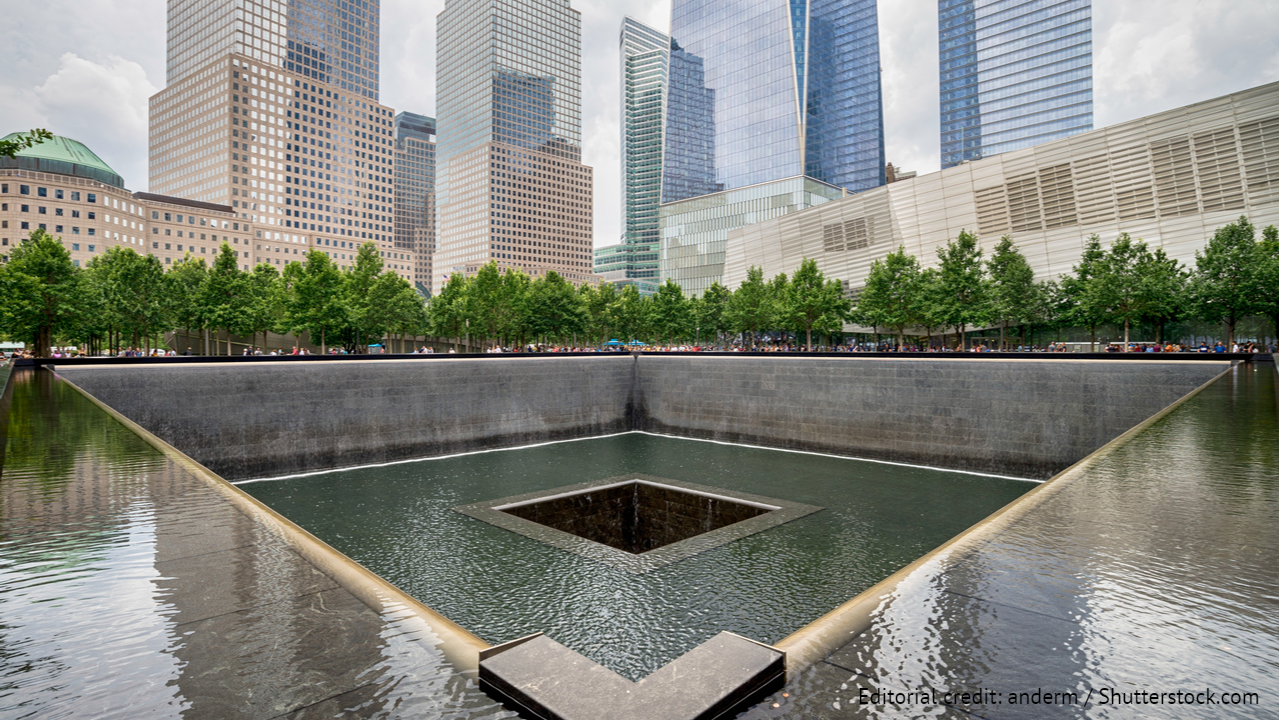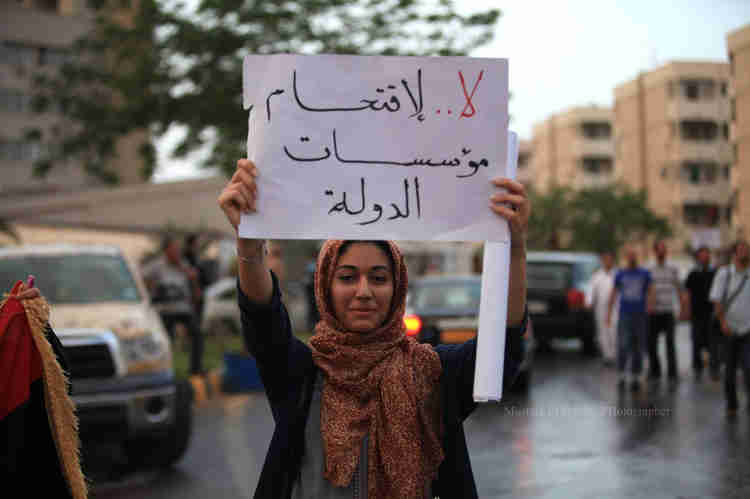Geneva Conventions need to be stronger, 60 years on
By Kofi. A Annan
In all the understandable attention given to the 20th anniversary of the fall of the Berlin Wall this week, there is a risk that another important anniversary will be overlooked. Sixty years ago, the Geneva Conventions were signed, giving force to a simple but enduring idea – the belief that we should do everything we can to reduce human suffering in war.
But while the Conventions have been a remarkable force for good, this commemoration should galvanise us to do more to protect people. Around the world, we see continued evidence of the callous inhumanity of those waging war.
In the Democratic Republic of Congo, for example, militias and soldiers are carrying out mass killing and rape. In Sri Lanka, thousands of civilians were killed in the fighting between the Sri Lankan Army and the Tamil Tigers. Many more remain interned in camps. The people of Somalia are once again caught between the guns of rival militias and foreign forces. And, of course, the terrible tragedy of Darfur continues.
We also see in many parts of the world, terrorists deliberately detonating bombs to kill hundreds of civilians. The state response too often is indiscriminate attacks and the abuse of detainees. There are some who claim that the blame for this inhumanity lies, in part, with the failure of international law. They argue that it has not kept pace with conflicts no longer predominantly waged between states or with conventional forces or weapons.
But this fails to recognise how the Conventions have been improved and expanded to better cover civil wars and armed groups. Furthermore new conventions banning or restricting new types of weapons, including landmines and cluster munitions, have been agreed.
This argument also lets those responsible for such suffering off the hook. It is not international laws that are to blame for the continuing death and destruction in our world but that leaders deliberately disregard them. And they will continue to ignore these rules as long as they think they can get away with it.
The challenge is to alter the balance of the calculation they make. All alleged breaches of international humanitarian law, wherever they take place, must be formally investigated, and we mustn’t let states – especially powerful ones – dismiss or ignore the resulting reports, as we have seen recently with the Goldstone report. We then have to take bold steps to ensure those found responsible, whoever they may be, are held to account.
National and international human rights groups work tirelessly and with courage to expose abuses. But no matter how thorough their investigations and indisputable the evidence, their reports are too often and too easily dismissed and discredited.
We can’t expect, of course, those with so little regard for human suffering to readily accept responsibility for war crimes. What is worrying, however, is how often their denials deflect blame and spread confusion among world opinion. Countering this culture of denial must be a priority for the international community.
While civil society plays an important role, it can only do so much. I believe we must now consider activating formal permanent bodies to monitor and report on the widespread breach of human rights and humanitarian principles in armed conflicts – bodies already provided for under international law. These investigations should be triggered automatically whenever armed conflict arises just as the United Nation’s relief agencies respond automatically to major humanitarian catastrophes.
This will only work, however, if allcountries believe they will be fairly treated.The accusation that powerful states avoid scrutiny, while those with less influence and fewer friends attract it too readily, cannot be brushed aside. There has been, and continues to be, selectivity in who is investigated and acted upon, even when formal reports are prepared and abuses are well documented. International bodies, first and foremost the Security Council, must redress this bias to restore trust in their authority.
While exposing abuses is important, it is only the first step in changing behaviour and improving protection for civilians. We also need to ensure that there is a much stronger link between committing a crime and the likelihood of punishment.
For much of the past 60 years this link has been missing. War criminals rarely faced justice. National courts lacked the will or mandate to act. Amnesties were too freely given as part of peace accords. For many, international justice seemed an illusion.
In recent years, this has changed. We have seen the creation of the International Criminal Court (ICC) and international criminal tribunals set up to punish genocide, war crimes and crimes against humanity in the former Yugoslavia and Rwanda.
International justice is also at work, alongside national judicial systems, in Cambodia and Sierra Leone. National courts are increasingly ready to hold to account those responsible for flouting the protections of the Geneva Conventions and human rights standards no matter where the crime was committed. Amnesty laws that shield war criminals are being overturned by courts. International justice has gone from an abstract concept to a reality. Impunity is in retreat.
But the battle is far from over. Some of the world’s most powerful countries have not ratified the ICC statute. Many who have are still not living up to their obligations. Countries are too quick, for historical or political reasons, to ignore the abuses of neighbouring leaders and allow themselves to be deflected into attacking the rules or how they are applied.
I am aware of the reasons for this. But leaders need to remember that the whole purpose of the ICC and international standards is to serve victims, not protect those in power. Concessions that weaken international justice risk being seen as a license to kill with impunity.
As we mark the 60th anniversary of the Geneva Conventions, we don’t need to change the rules. We do need to ensure they are enforced much more widely, robustly and fairly. Only then will they provide the protection that people around the world require.



